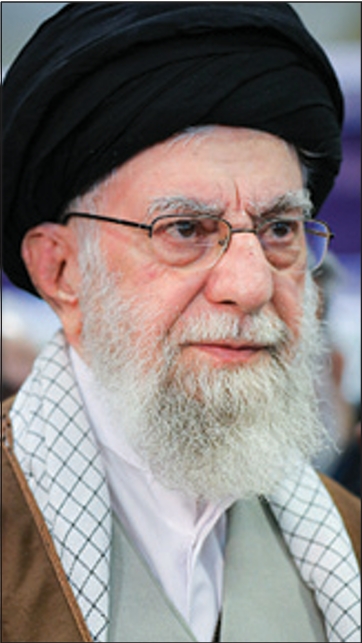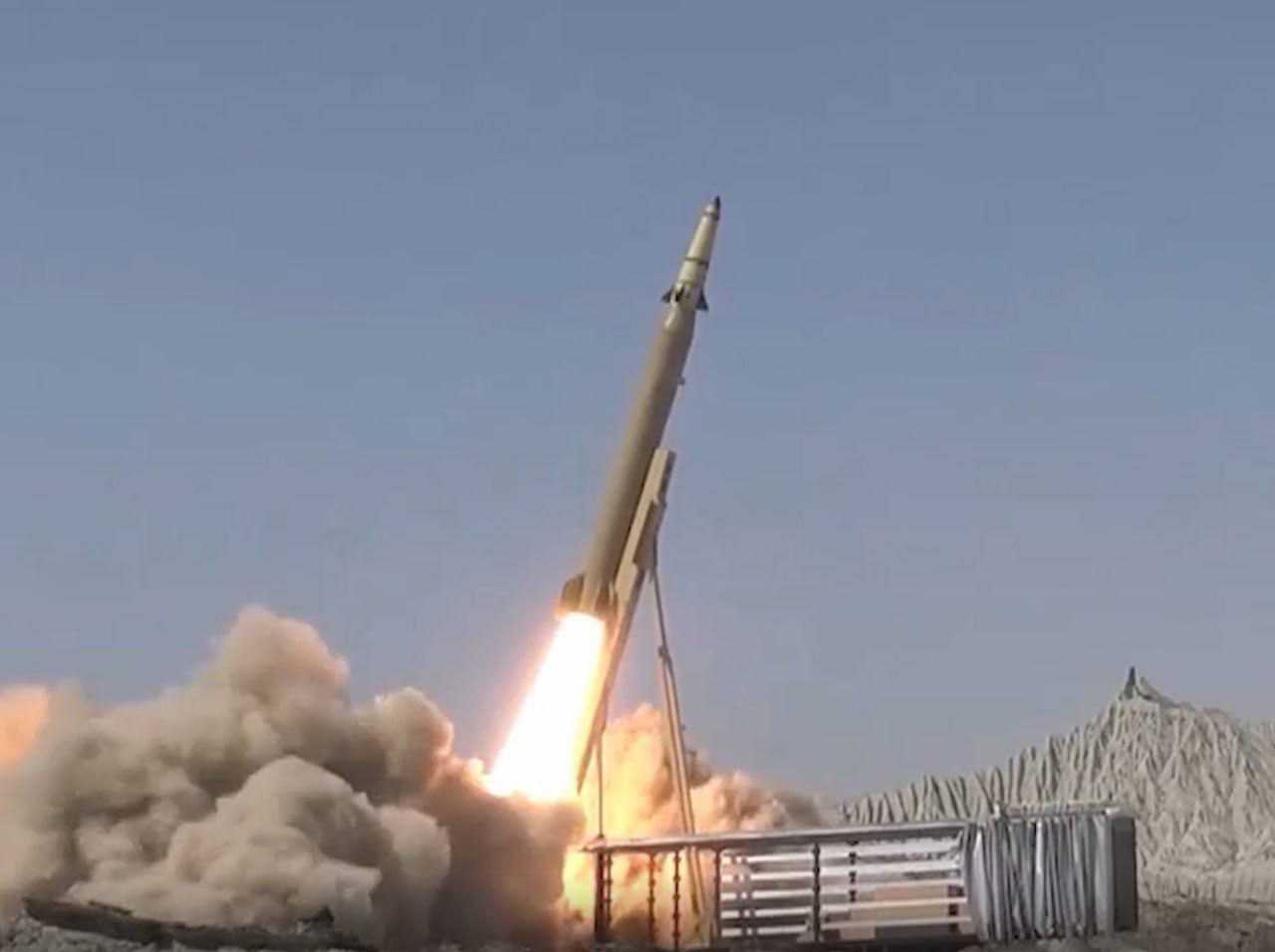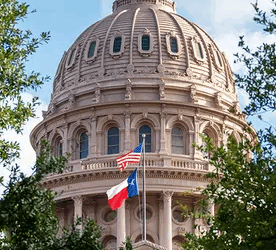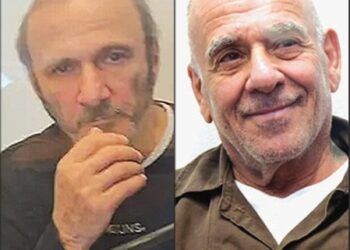Argentine prosecutors are seeking an arrest warrant for Supreme Leader Ali Khamenehi, saying he made the decision to bomb the Jewish Community Center in Buenos Aires in 1994.
The bombing killed 85 people and was, at the time, the single deadliest attack against Diaspora Jews since the Holocaust. An Argentine court ruled last year that Iran and Hezbollah were behind the attack.
The lead prosecutor in the case, Sebastian Basso, argued before an Argentinian federal court that Khamenehi was behind the decision to carry out the attack, and that he did not have immunity from prosecution, the Argentine newspaper Clarin reported April 8. Basso asked the court to issue a warrant.
“It is the [Argentine] national judicial authorities who have the duty and the power to judge those responsible, regardless of their location and the social and political position they occupy in the territories where they reside,” said Basso. He cited both Argentine and international law in his arguments.
Basso said that Khamenehi “led the decision to carry out the bomb attack in Buenos Aires in July 1994 and issued executive order [fatwa] 39 to carry it out. It is also undeniable that Khamenehi has always been, and continues to be, the main supporter of groups with military capabilities such as Hezbollah.”
Previous prosecutors had gotten warrants for half-a-dozen Iranian officials, including then President Ali-Akbar Hashemi Rafsanjani, but did not seek one for Khamenehi, saying he could claim immunity. More broadly, Basso’s request signifies Argentina’s shifting approach to Iran’s role in the attack, which it had allegedly tried to downplay before last year’s ruling.
Basso’s predecessor, Alberto Nisman, was assassinated in 2015, hours before he was set to present evidence that a former Argentine president had covered up Iran’s involvement in the bombing.
In a separate matter, a few weeks before Basso went to court, the United States sanctioned former Argentine President Cristina Fernandez de Kirchner for “multiple bribery schemes” that stole “millions of dollars” from the Argentine state.

























